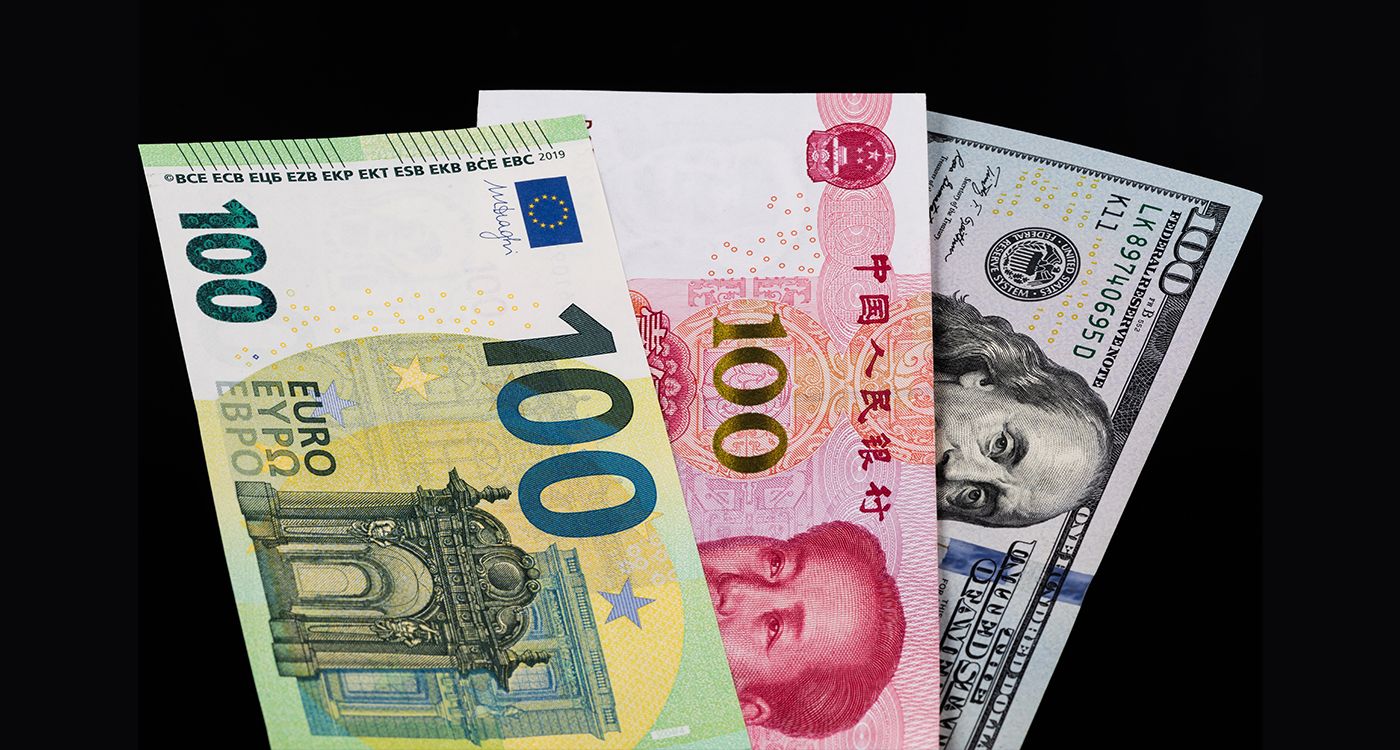
The US dollar is weakening against major global currencies amid heightened geopolitical tensions and a tariff escalation spearheaded by President Donald Trump. This open trade war is undermining the dollar’s status in global markets.
Can the American currency still maintain its dominant role in international trade? The question is especially pressing for Lebanon, where a heavily dollarized economy depends on the greenback’s stability. Over the past five years of sustained crisis, Lebanon has leaned on dollarization as a buffer against total economic collapse. However, this strategy remains exposed to fluctuations in the US currency.
Comparison of Two Currency Devaluations
Lebanon now faces a double devaluation: its own currency, the Lebanese pound, and the US dollar. But the disparity between the two does not play in its favor. The pound’s rapid and dramatic depreciation has far outpaced that of the dollar, wiping out any potential gains for the country.
“It’s like running a race where everyone is slowing down and you are the only one crashing to the ground,” says an observer quoted by This Is Beirut.
Lebanon: Consuming Without Producing
Lebanon continues to import nearly all its essential goods — fuel, food, medical supplies — in hard currencies. Simply put, the country consumes far more than it produces, leading to a persistent trade deficit. In 2024, imports soared to $16.9 billion, while exports totaled just $2.7 billion.
In this dollarized context, the recent depreciation of the greenback against other major currencies — the euro, yen, yuan, and sterling pound among them — is likely to deepen Lebanon’s economic woes. As the dollar weakens, Lebanon’s international purchasing power shrinks, making imports even more expensive. The resulting spike in import costs risks fueling inflation that is already spiraling out of control.
In practical terms, for example, if the dollar weakens against the euro, a container priced in euros becomes more expensive when paid in dollars. The impact is significant: the European Union, Lebanon’s top trade partner under an association agreement, accounts for 34% of Lebanese imports. In 2024, these imports reached €5.4 billion — up from €4.9 billion in 2023.
Savings Erode as the Dollar Drops
The decline of the dollar — which has served as a financial lifeline for many Lebanese since the onset of the 2019 crisis — is now threatening personal savings. In other words, the value of those savings is diminishing, particularly in international markets. The concern is even more acute considering most wages in Lebanon are now paid in dollars or pegged to the greenback.
Over the past three months, the dollar has lost more than 6% of its value against the euro, reaching its lowest level since February 2022. It has also declined by 4.5% against the British pound, more than 7% against the Japanese yen, and 6% against the Swiss franc — which just hit a 10-year high against the dollar last Friday.
In summary, a prolonged depreciation of the dollar could further destabilize Lebanon’s already fragile financial system, drain its dwindling foreign reserves, and increase pressure on a banking sector already on the verge of collapse.




Comments